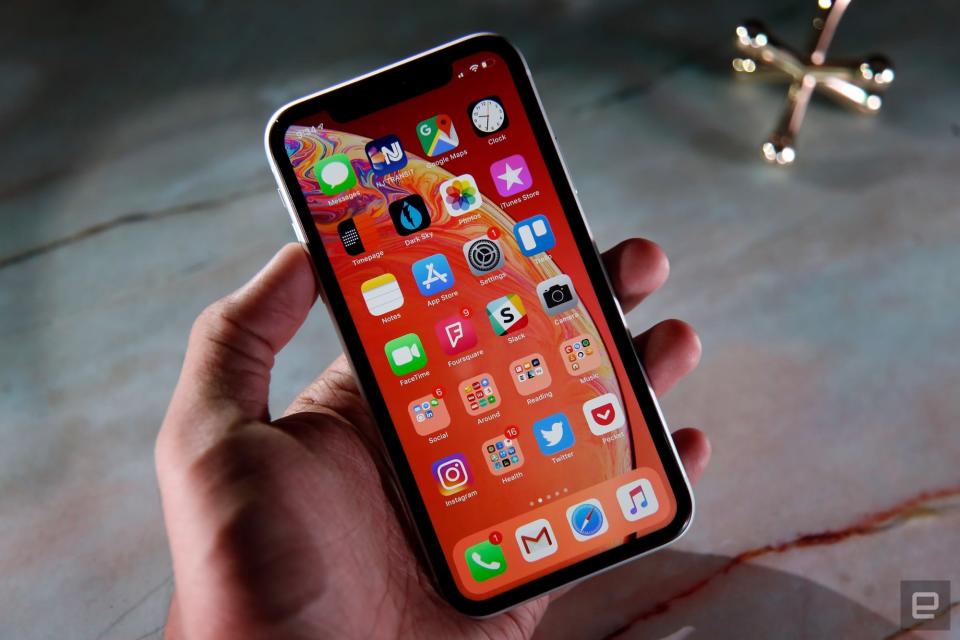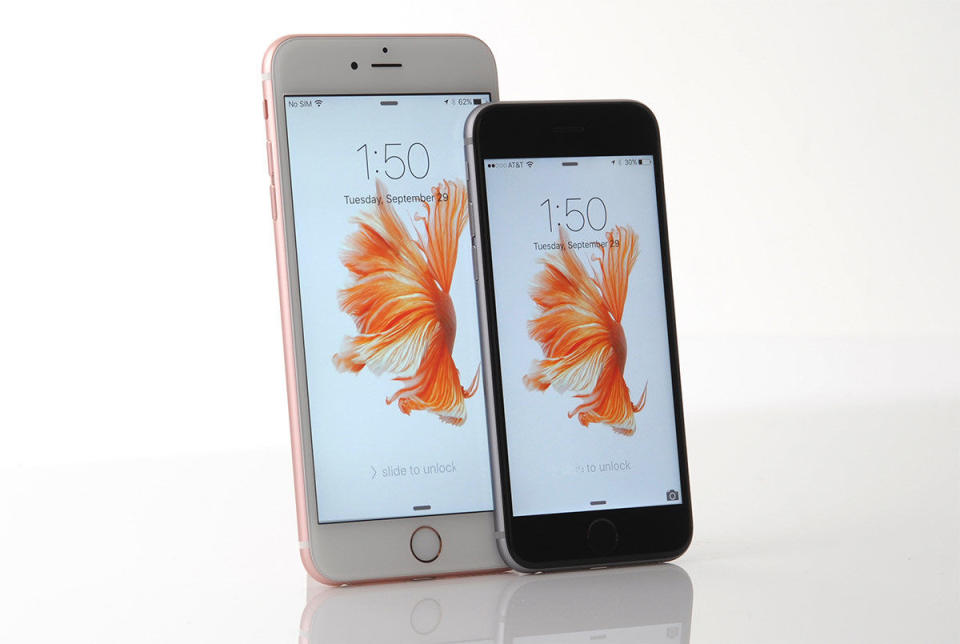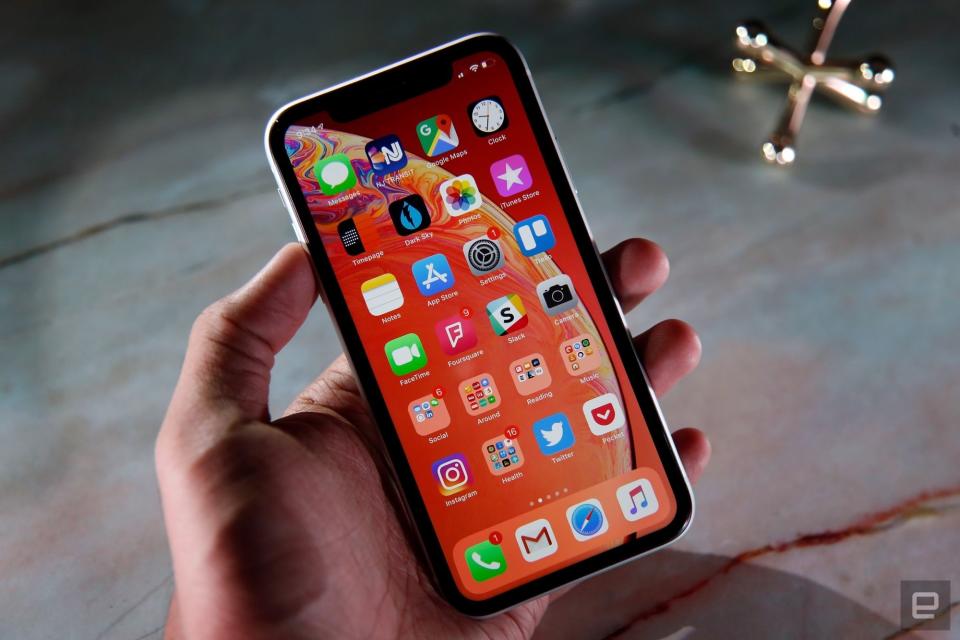Apple knows the age of yearly iPhone upgrades is over
People just aren't willing to pay more and more cash for smaller and smaller improvements.
After Apple introduced the iPhone XS, XS Max and XR, I wrote that consumers didn't seem to mind how much more expensive iPhones had gotten over the past few years. But after Apple unexpectedly admitted yesterday that revenue for the last quarter would fall short of Apple's projections, I might have overstated things. It sure seems that the days of a new iPhone automatically driving big sales may be behind us. But those extremely high iPhone prices are just one piece of the puzzle, though -- let's break it down.
In a letter to investors, CEO Tim Cook noted that while the "vast majority of the year-over-year iPhone revenue decline" came from China and other emerging markets, demand wasn't as strong in developed markets either. Cook cited a handful of reasons for that, including fewer carrier subsidies, price increases due to the strength of the US dollar and customers taking advantage of "significantly reduced pricing" for iPhone battery replacements.
That last point is particularly telling. As a reminder, Apple pledged to replace iPhone batteries for a reduced price of $29 throughout 2018, a big discount from the standard $79 charge. The company cut replacement pricing after it was revealed that Apple throttled iPhone performance as batteries aged to keep the battery from failing altogether. Now, it seems that plenty of iPhone owners chose to replace their old battery as a way of putting off their next upgrade.

And why not? iOS 12 made older iPhones run much better than they did on iOS 11, to the point where using a three-year-old iPhone 6S became totally viable, especially with a fresh new battery. And keeping an older phone is even more attractive for customers who were no longer making monthly payments for the device through the now-common installment plan. When faced with either buying a new iPhone -- a minimum of $30 a month for two years -- or upgrading iOS and spending $30 once on a battery replacement, it's easy to see why many opted to keep their old phone around longer.
Every year when Engadget reviews a new iPhone, we note that Apple's silicon offers far more power than most users need. The good news is that a few years later, those chips are still enough for most people. And given how the pace of other innovations in smartphone hardware have slowed over the past few years, there's less reason than ever to upgrade every time a new iPhone arrives.

Also, for some users, buying an XS or XR isn't so much an upgrade as it is a compromise. I've talked to plenty of people who just miss the home button -- they don't care about the bigger screen or supposed convenience of Face ID. They spent years getting used to the home button and find the change more an annoyance than an improvement. As with the headphone jack, it's obvious that Apple will phase out the time-tested home button entirely, but people who prefer the old design are clearly not going to rush out and upgrade, particularly at the prices Apple is asking.
Despite the challenges Apple is facing, it would be irresponsible not to note that Apple has only said it isn't making as much money as it expected to -- that's very different than Apple being "doomed." Apple's revised revenue projection for the quarter is now $84 billion. That's about 8 percent less than originally forecasted, but it's still the second-highest holiday quarter in the company's history. The company also raised the average sale price of an iPhone from $606 to $724 over the last year, so customers clearly haven't fully rejected more expensive devices.
Cook also says that non-iPhone revenue grew 19 percent -- so despite the fact that basically all of Apple's products cost a lot more than they used to, most segments are still growing. Wall Street investors may panic over an iPhone downturn (stocks are down about 8 percent today compared to yesterday, and they've been dropping steadily since peaking in October), but Apple is financially well-positioned for years to come.
It does raise the question about where future growth will come from, but Apple is still years away from needing to figure that out. (It also raises the question of if it's even reasonable to expect a wildly successful company that's been around for 40 years to grow year after year, but that's apparently how Wall Street thinks.) In the meantime, investors will just have to get used to a world where iPhone buyers upgrade after two or three years instead of every fall.




